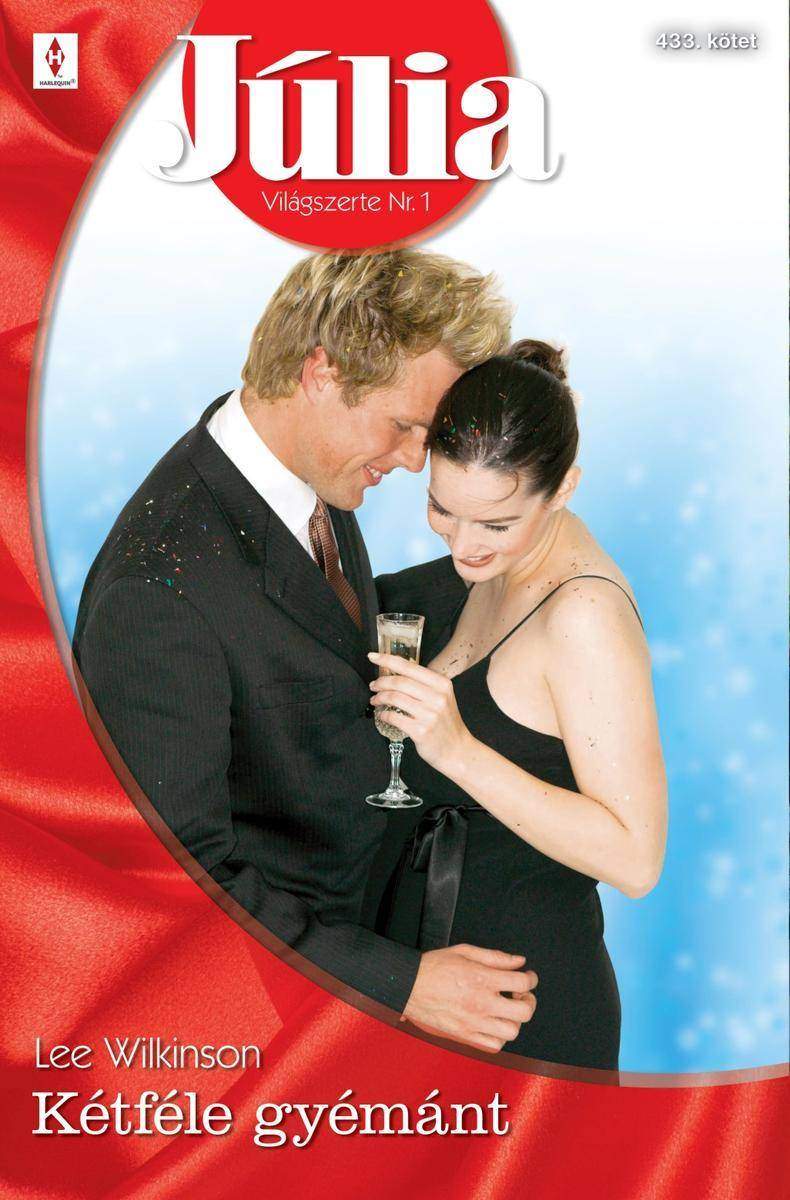
Júlia 433. (Kétféle gyémánt)
¥18.74
Júlia 433. (Kétféle gyémánt)

Mosómedvék akcióban: Hamis a mackó
¥28.78
Mosómedvék akcióban: Hamis a mackó
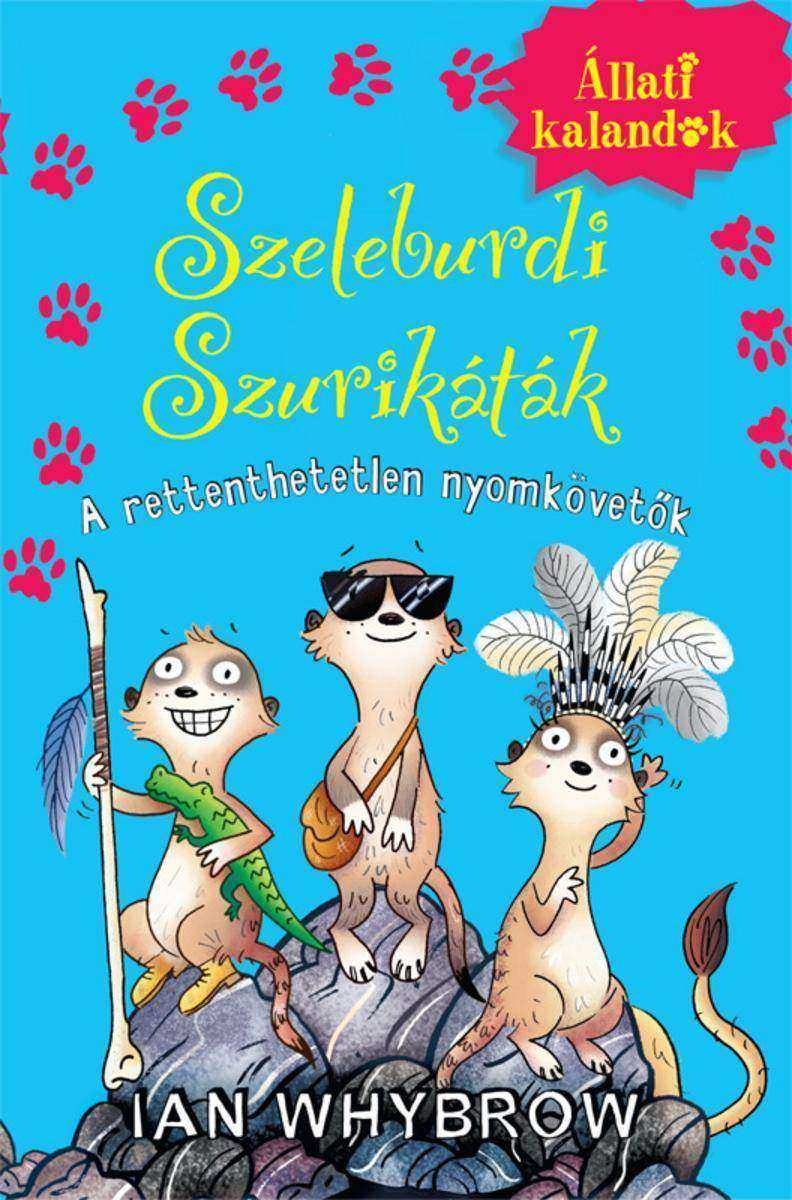
Szeleburdi Szurikáták: A rettenthetetlen nyomk?vet?k
¥29.02
Szeleburdi Szurikáták: A rettenthetetlen nyomk?vet?k

Tiffany 232. (Esküv? másodkézb?l)
¥18.74
Tiffany 232. (Esküv? másodkézb?l)
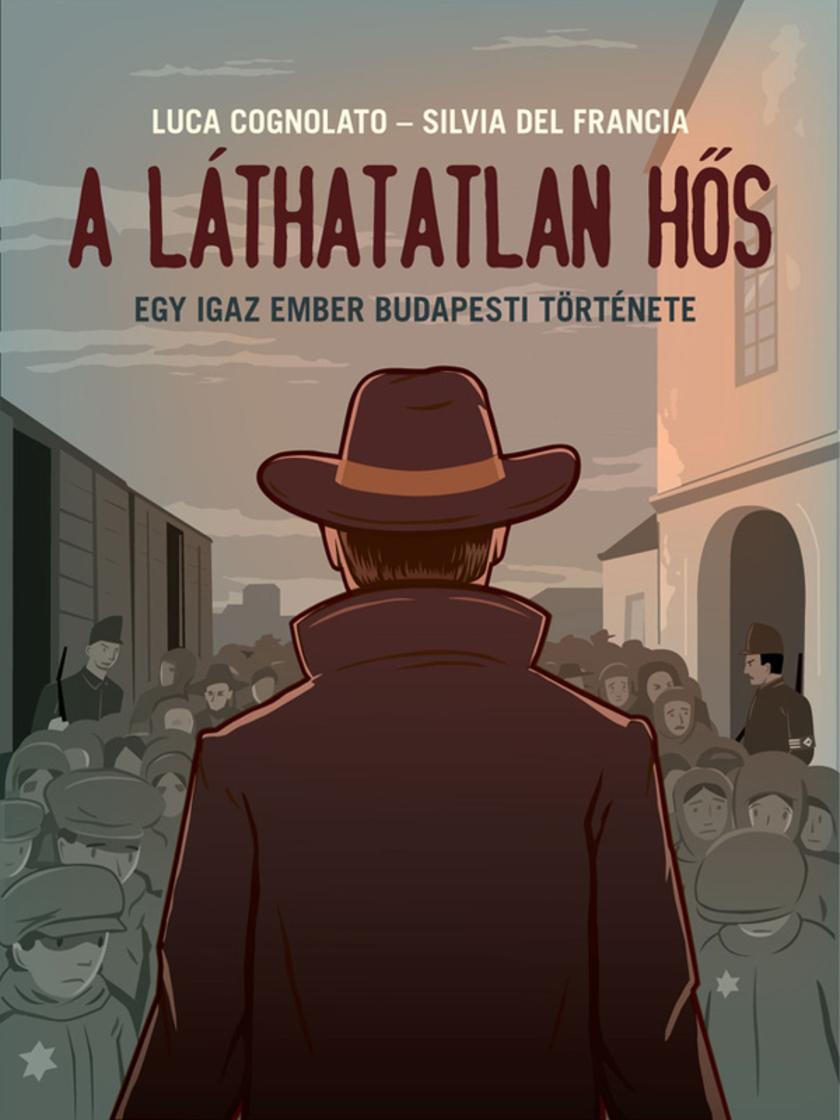
A láthatatlan h?s
¥39.81
A láthatatlan h?s
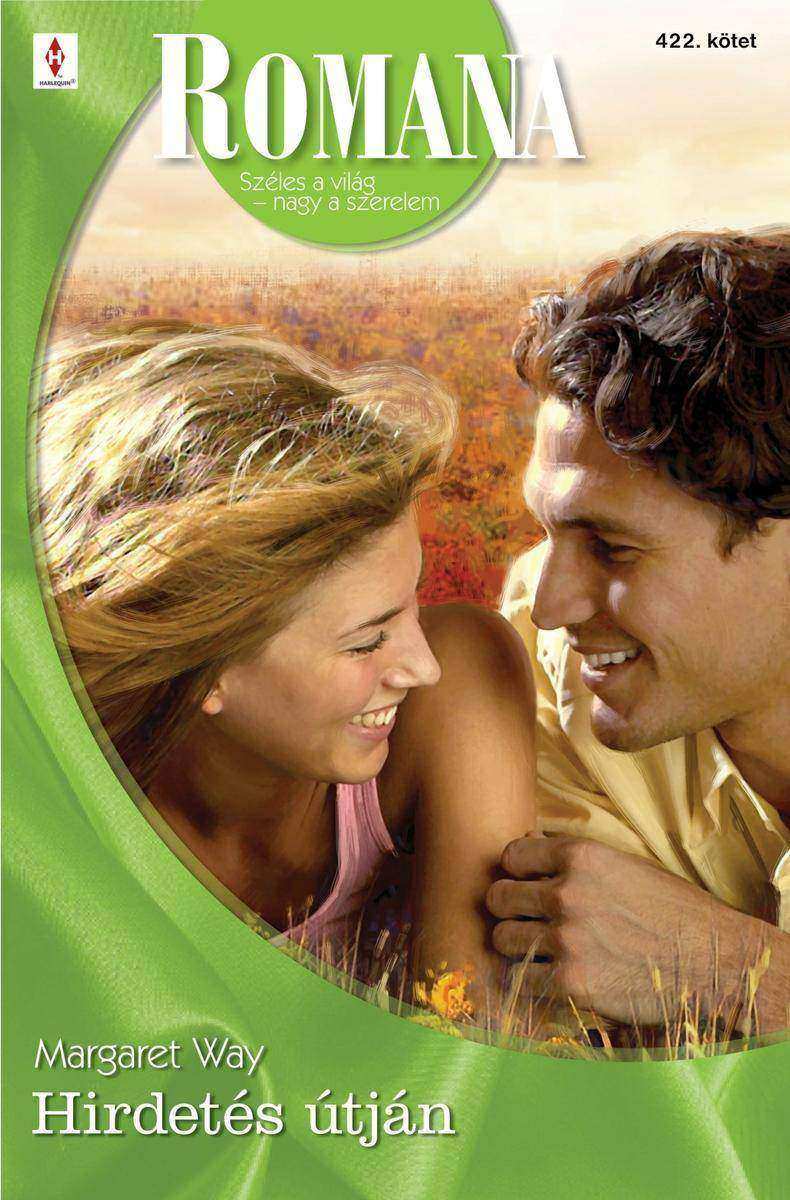
Romana 422. (Hirdetés útján)
¥18.74
Romana 422. (Hirdetés útján)
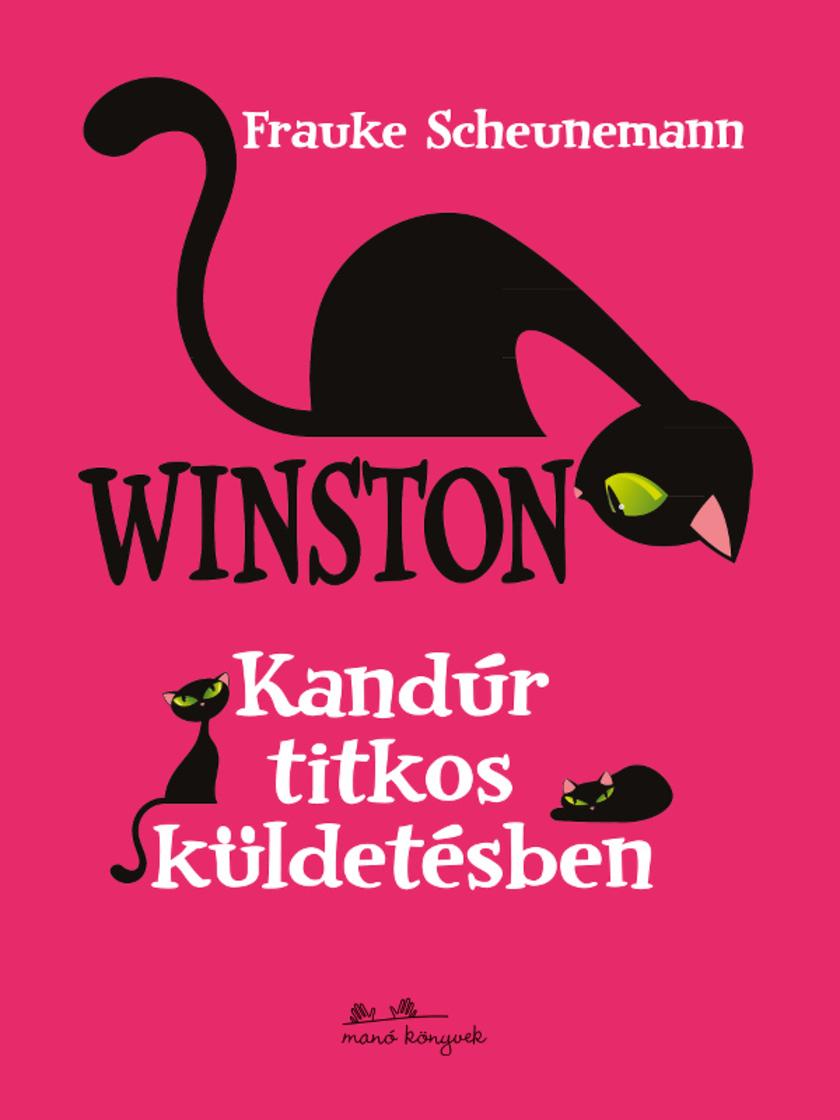
Winston 1. - Kandúr titkos küldetésben
¥56.98
Winston 1. - Kandúr titkos küldetésben
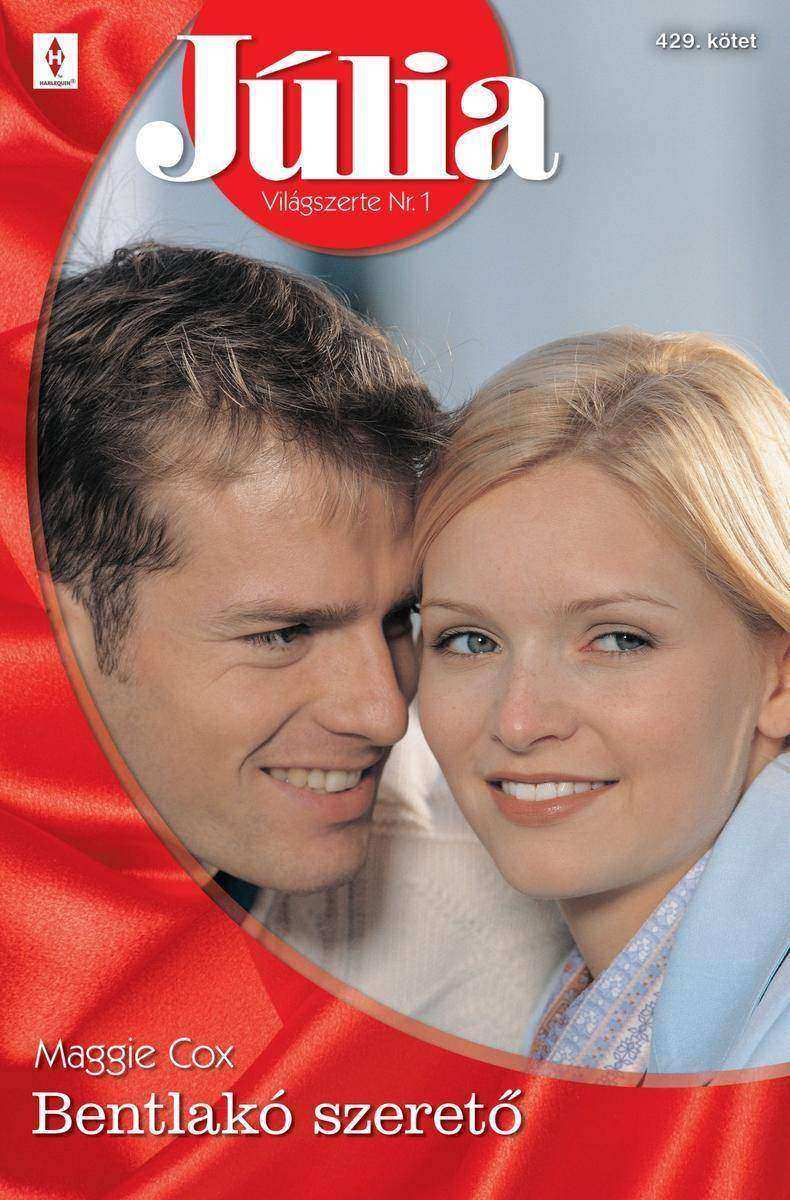
Júlia 429. (Bentlakó szeret?)
¥18.74
Júlia 429. (Bentlakó szeret?)
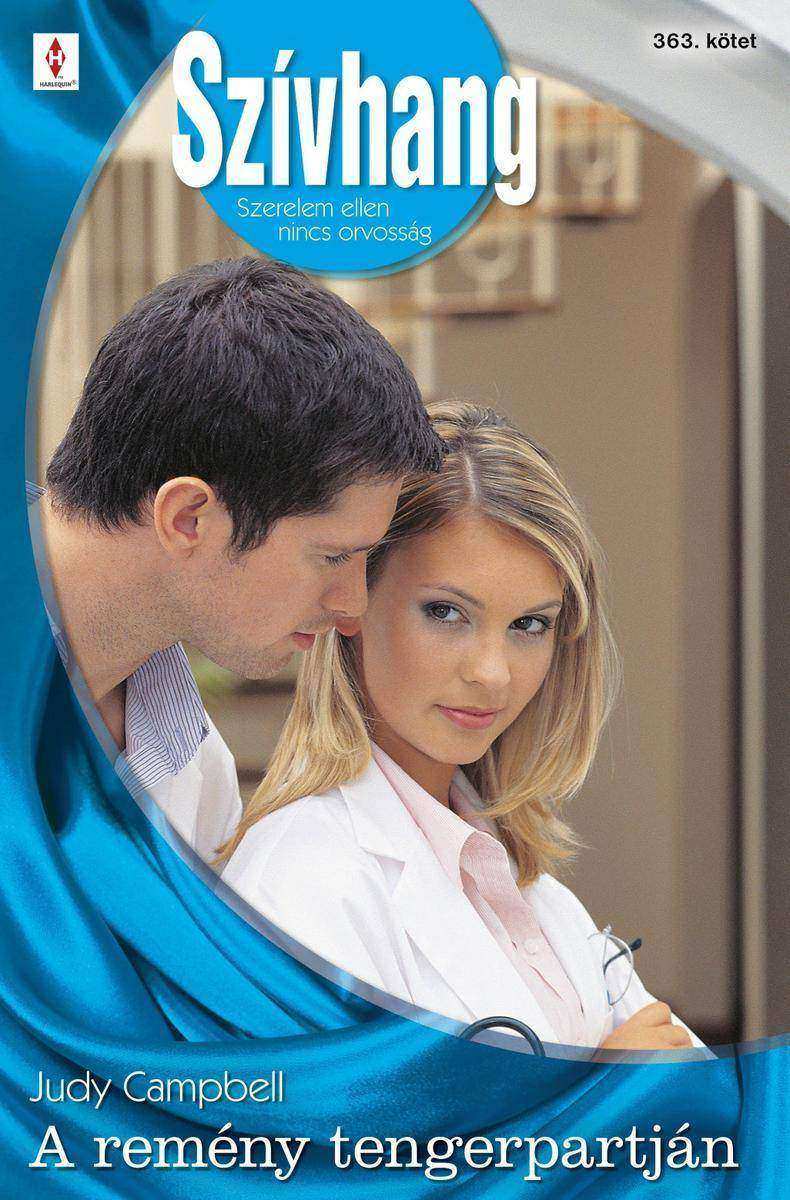
Szívhang 363. (A remény tengerpartján)
¥18.74
Szívhang 363. (A remény tengerpartján)

Nagy d?ntések
¥57.14
Nagy d?ntések

Tiffany 231. (Hozd a formád!)
¥18.74
Tiffany 231. (Hozd a formád!)
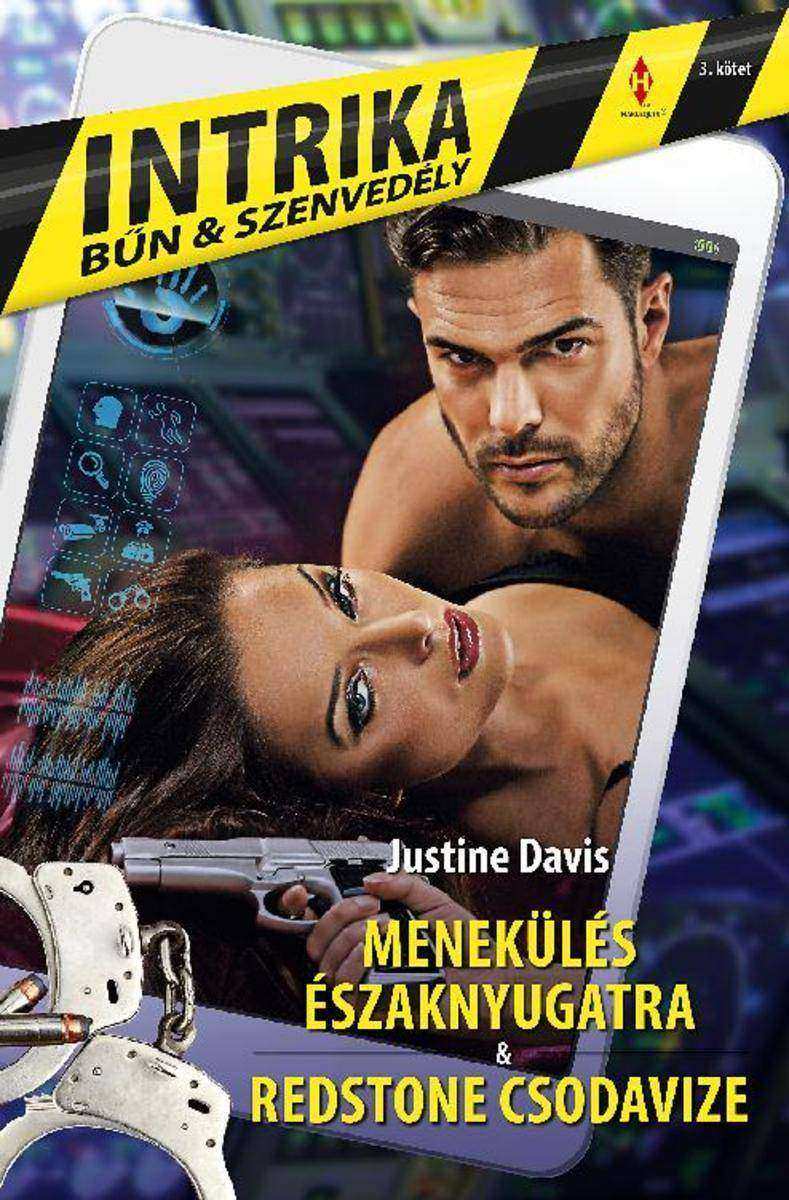
Menekülés északnyugatra, Redstone csodavize
¥43.16
Menekülés északnyugatra, Redstone csodavize
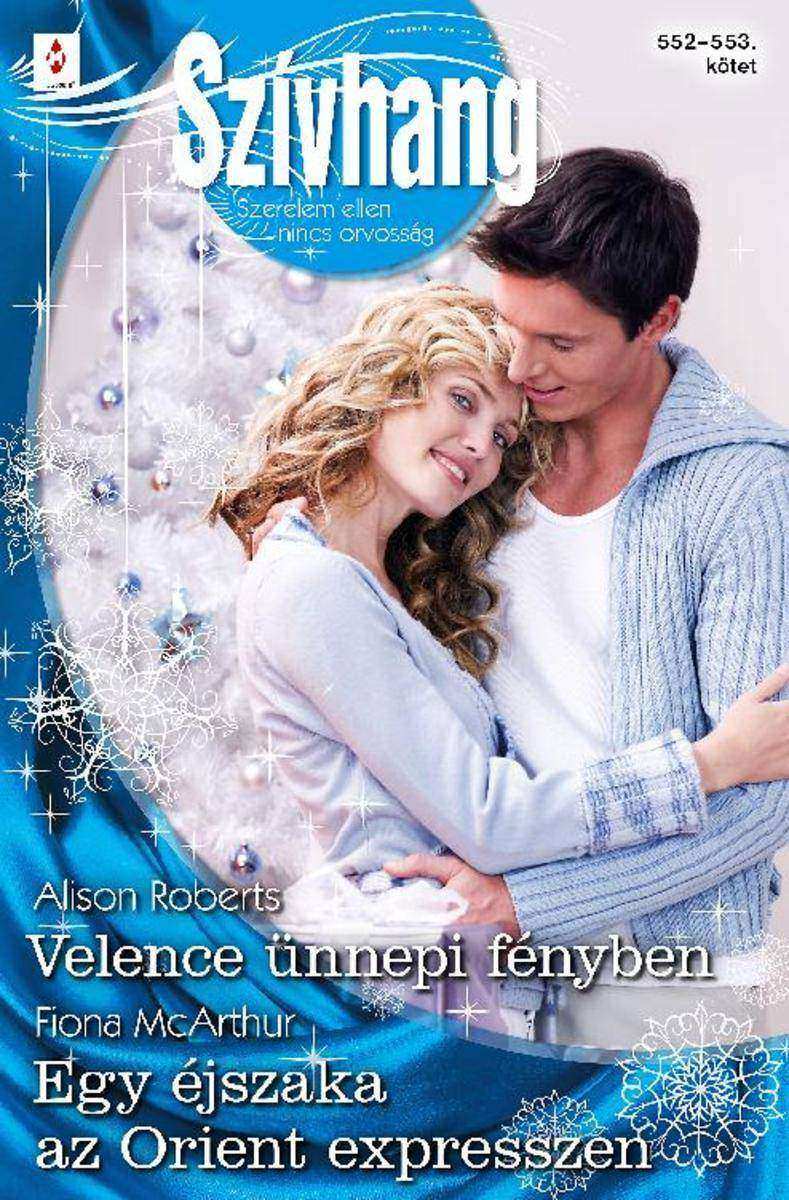
Szívhang 552–553.
¥40.30
Szívhang 552–553.
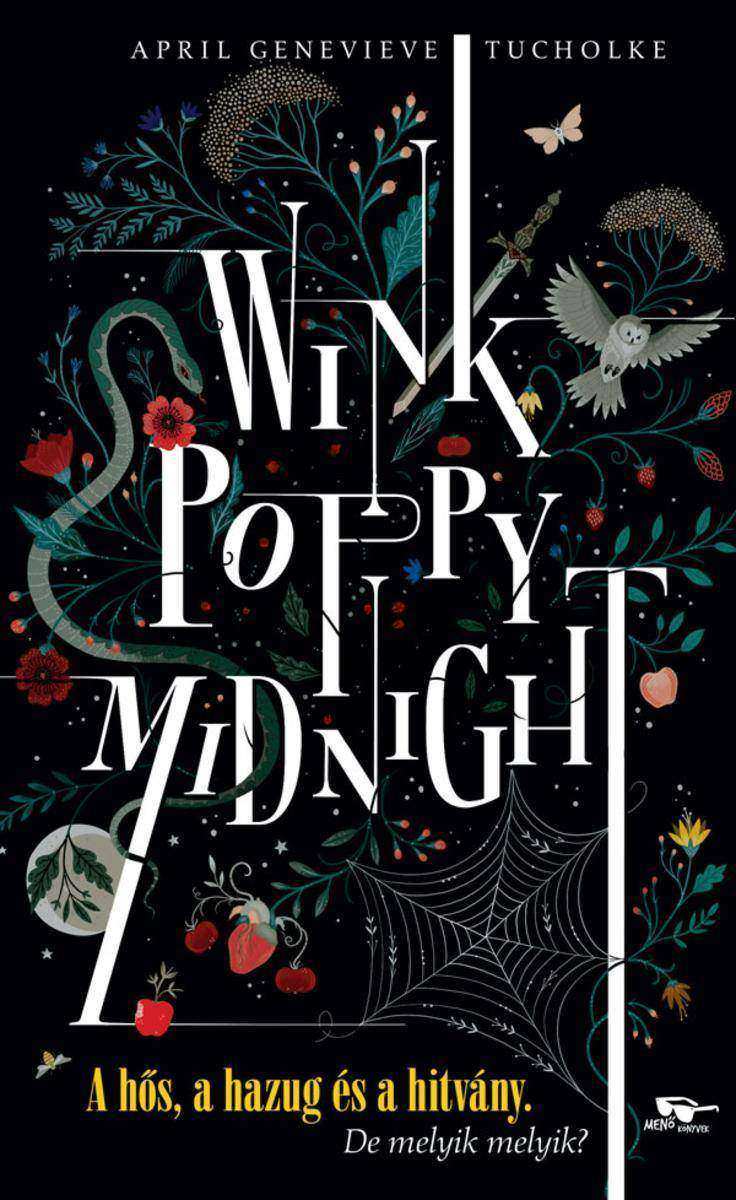
Wink, Poppy, Midnight: A h?s, a hazug és a hitvány
¥57.31
Wink, Poppy, Midnight: A h?s, a hazug és a hitvány

Szívességb?l szerelem
¥57.31
Szívességb?l szerelem
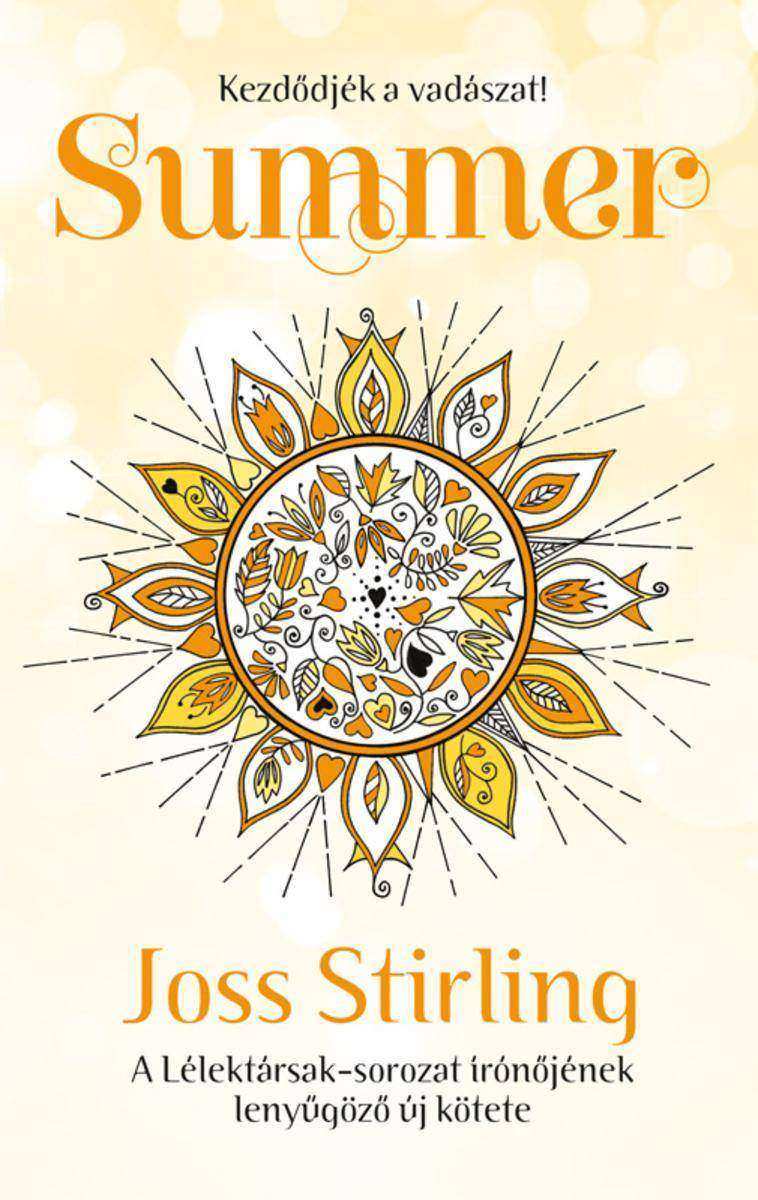
Summer: Kezd?dj?n a vadászat!
¥58.29
Summer: Kezd?dj?n a vadászat!
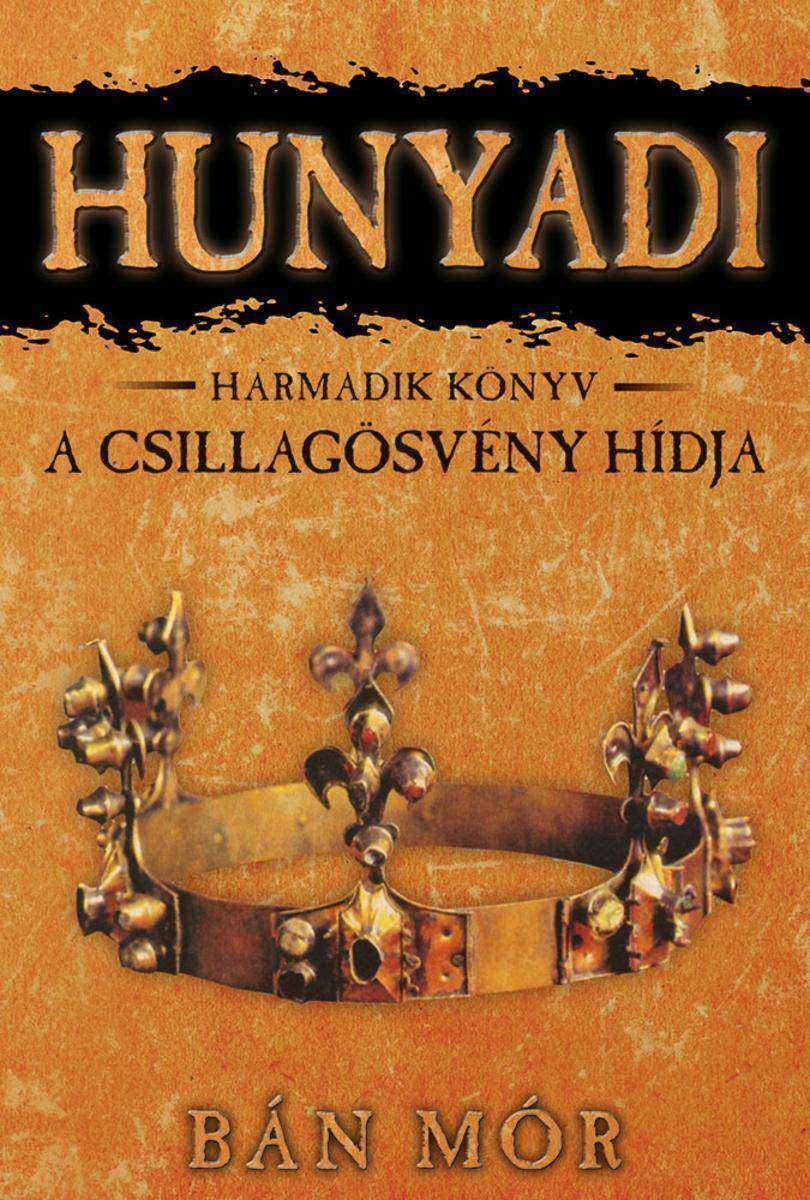
Hunyadi - A Csillag?svény hídja
¥57.31
Hunyadi - A Csillag?svény hídja

Csók New Yorkban
¥58.29
Csók New Yorkban
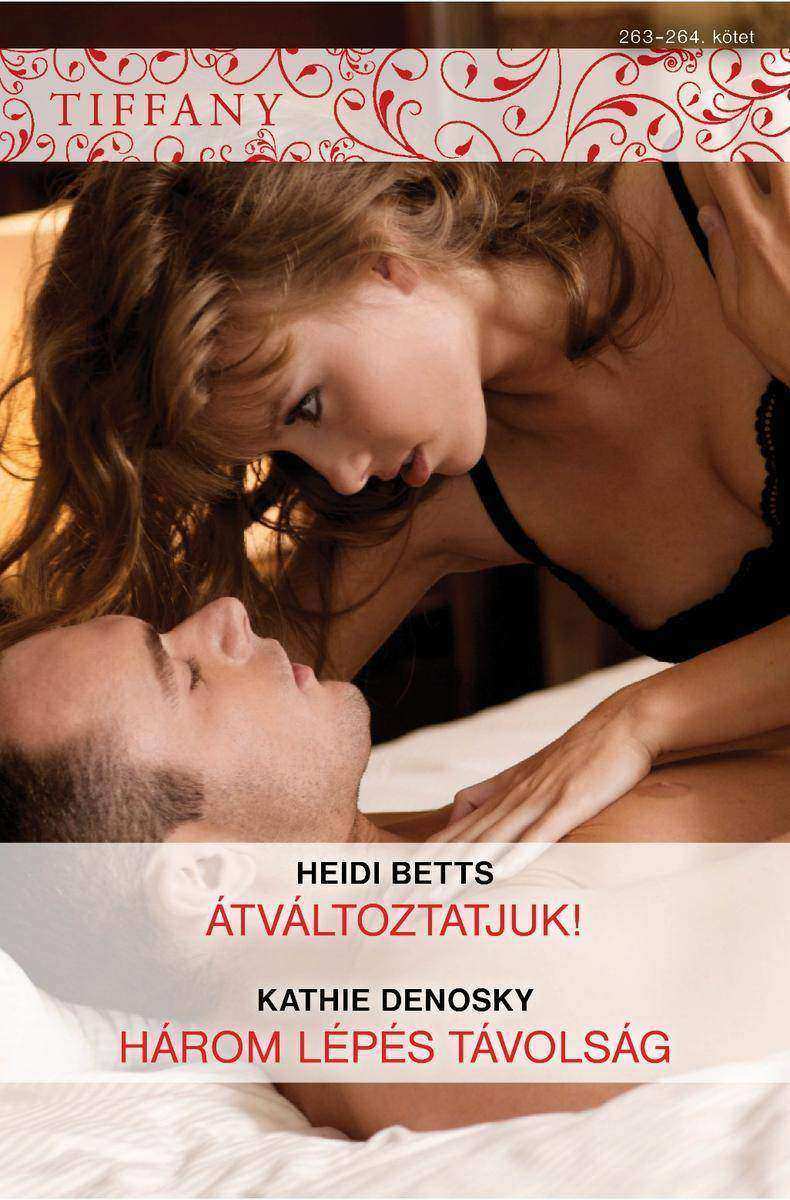
Tiffany 263–264. (?tváltoztatjuk, Három lépés távolság)
¥48.80
Tiffany 263–264. (?tváltoztatjuk, Három lépés távolság)
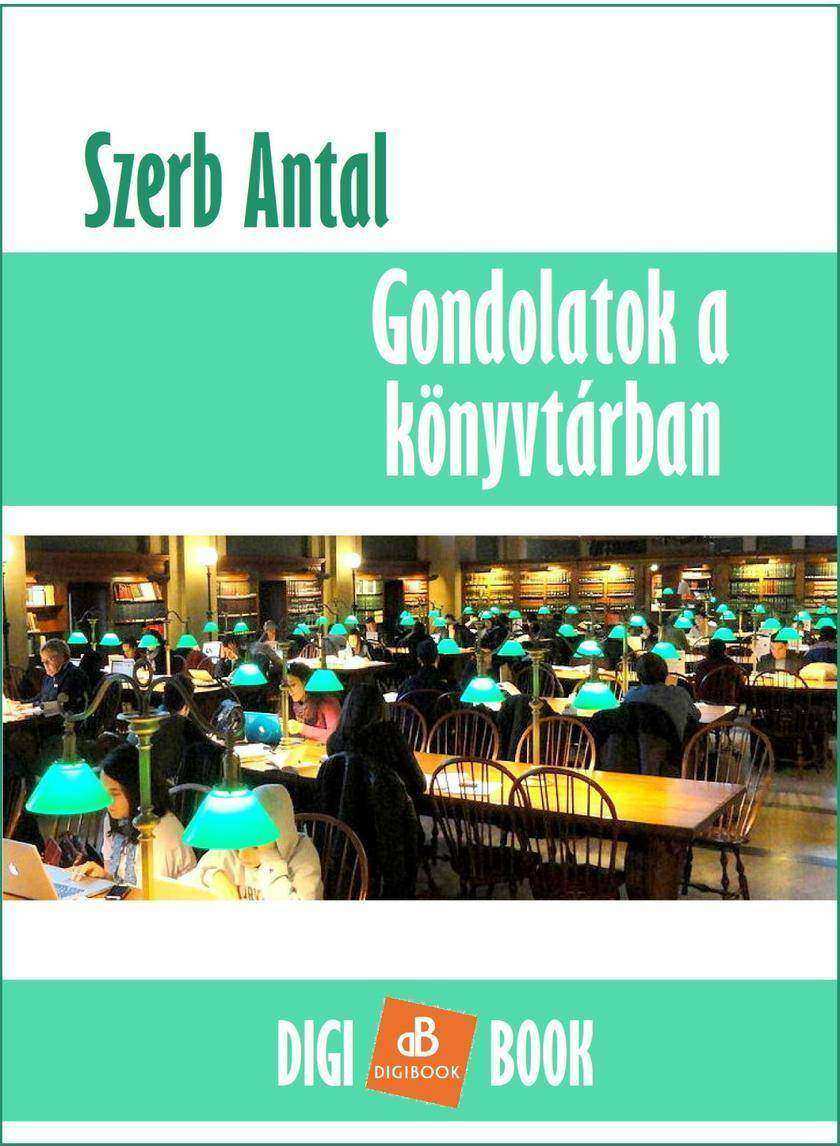
Gondolatok a k?nyvtárban
¥48.74
Gondolatok a k?nyvtárban
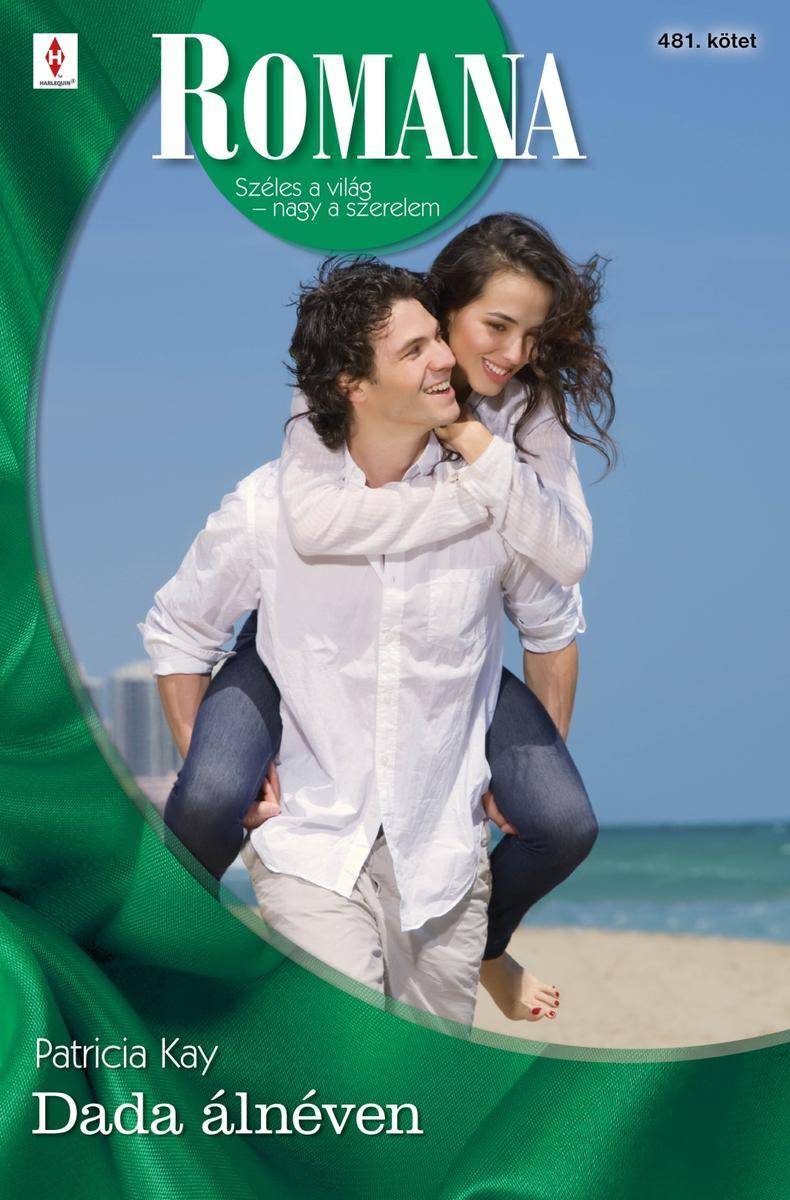
Romana 481. (Dada álnéven)
¥18.74
Romana 481. (Dada álnéven)




 购物车
购物车 个人中心
个人中心



